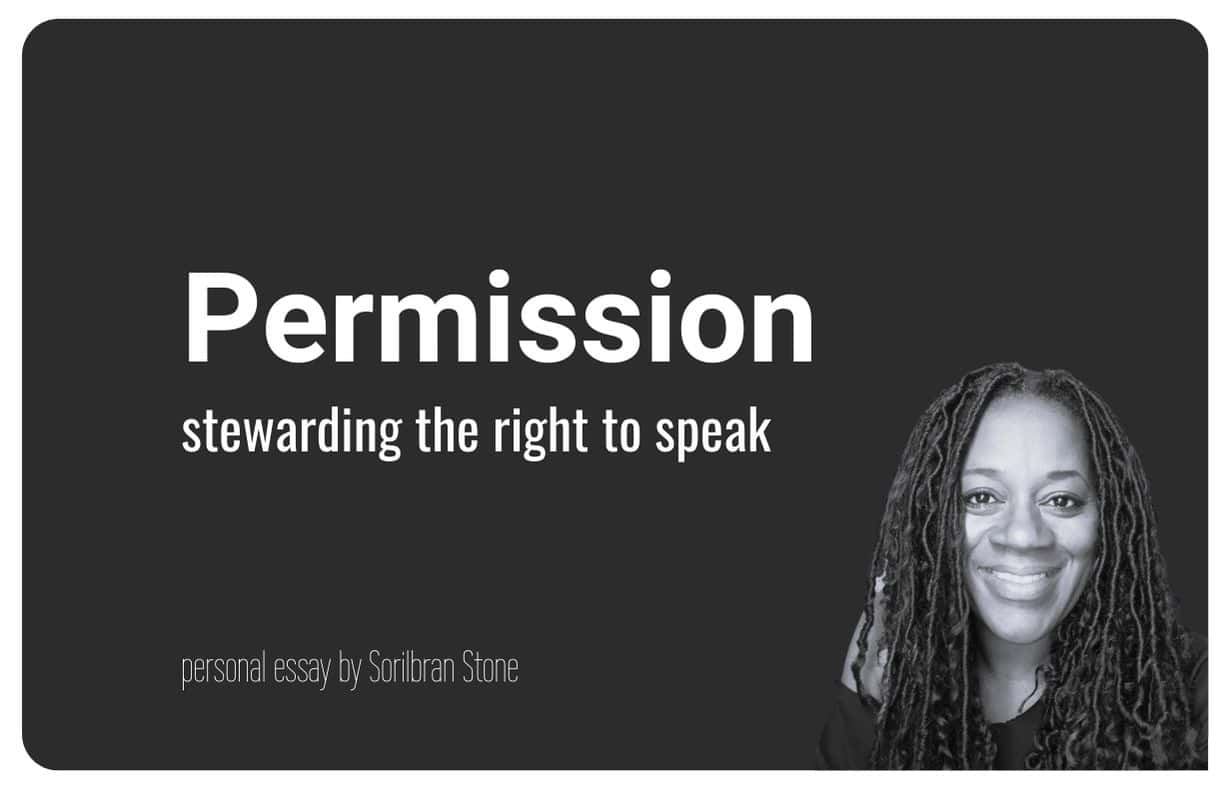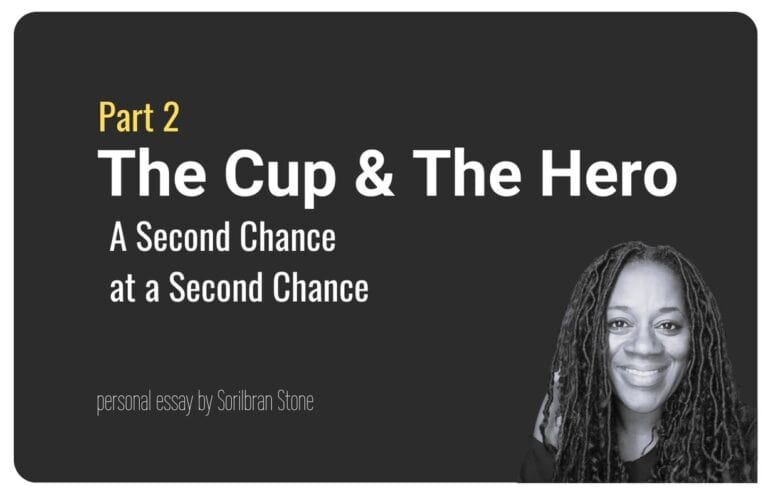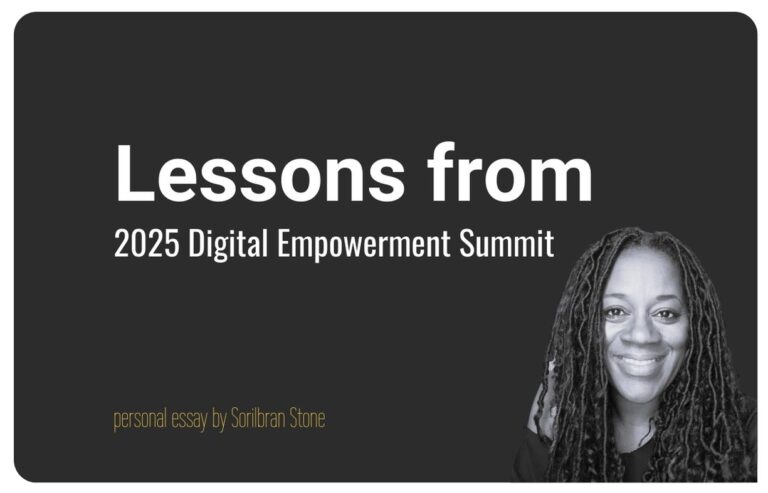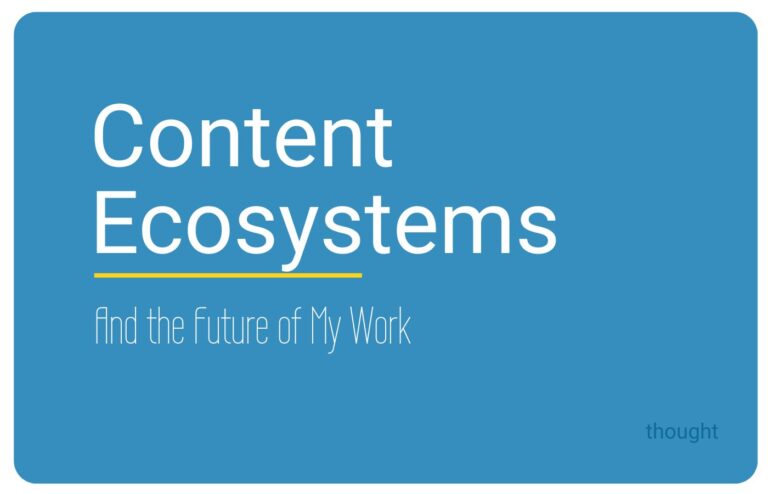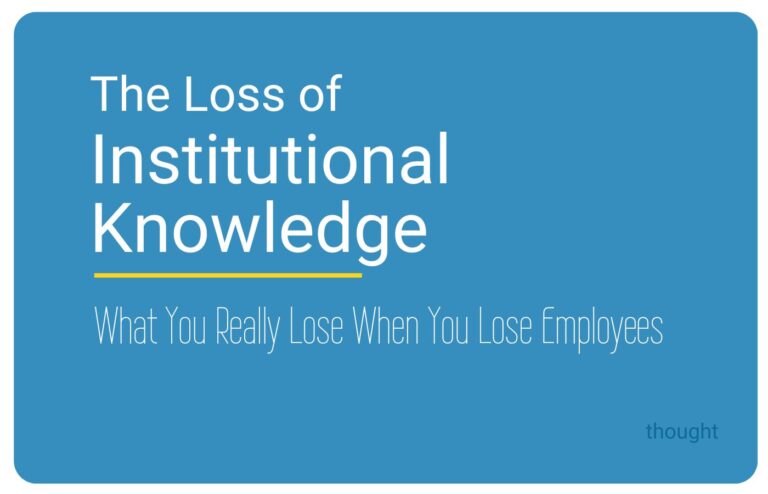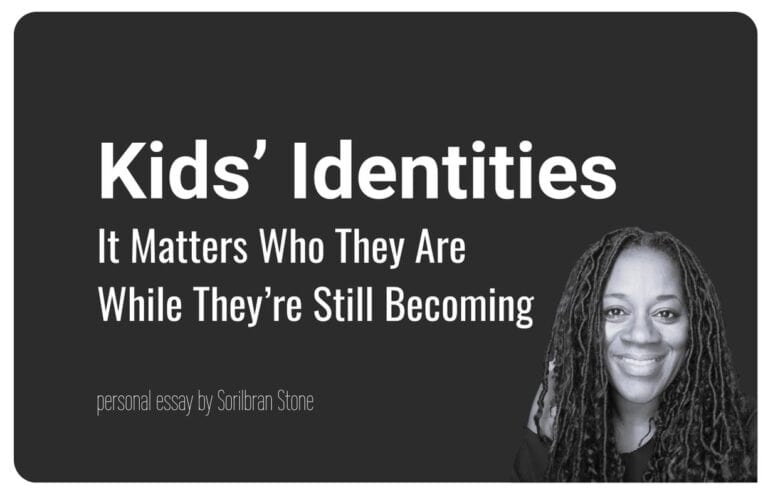Permission
There’s a certain kind of access that can’t be forced. It has to be earned. Not with credentials or charisma. Earned through consistency. Through care. Through being reliable over time. Until one day, someone places something valuable – often themselves – in your hands and says, “I trust you with this.” That’s permission.
And permission changes the game.
Part I: Business First – When Clarity Is the Gift
A few months back, a peer I deeply respect introduced me to someone from a high-growth tech company. Their head of Rev Ops came to me with a problem: “Our entire funnel is broken.” And then he did something that gave me pause. He handed me everything. Like, everything.
Pages of decks, their GTM strategy, their rev playbook. All of it. Knowing full well that I also work with one of their competitors. It was… intimate is the word, I guess. It was a quiet plea for help – him trying to hold too many things together while revenue slipped through the cracks. For me, it was the perfect intelligence-gathering moment. A look into the real thoughts, problems, and system of my ICP. I built an entire series of LinkedIn posts to provide answers to questions I’d seen more than one company struggle to answer in this new AI-powered marketing landscape.
I’ll sum it all up in one word for you here, family: Ecosystems
Think in ecosystems. Not silos, not funnels, not processes – ecosystems. Every asset is a doorway into your brand’s ecosytem. Be Marvel. Be Star Wars.
Anyway…
He didn’t need me to fix it. He just needed me to help him reshape his POV. He needed a fresh way to think about his situation. And because someone else had vouched for me – not just my skills, but my integrity – he came with trust already extended. That trust granted me permission to question, reshape, and redirect. That’s the power of earned permission. It opens the door for reframe. For clarity. For progress.
Part II: Perspective Engineering – The Gentle Rewrite
A few weeks after that, someone referred me to a client who had been a broadcaster for years. He was building something new – an ambitious platform that would take him from behind the mic to owning the station. The vision was exciting. But it was locked in today’s market.
He wanted me to write his pitch deck. I could’ve just made it clean and pretty. Instead, I shaped it around what his idea could be – five, ten, even twenty years from now. I reordered things. Expanded his framing. Built in infrastructure that would outlast him.
But I did it quietly. So quietly, in fact, that it could have been mistaken for a misunderstanding. It wasn’t. I shaped it like that on purpose – because I’m a stranger. And strangers don’t usually get to reshape your dreams. He had a great dream, and I wanted to see it not only come to pass, but resonate and survive.
When he read the pitch, he hit the brakes. Not because he didn’t love it. He did. But because he saw it. He saw what it could be. And he realized his foundation wasn’t strong enough yet. So he paused the entire project to build the right infrastructure.
That’s not a failure. That’s permission working. That’s vision gently rewired through narrative. That’s a one-shot opportunity to speak into someone’s next chapter without pushing or imposing. Just… inviting.
Part III: Friendship, Stewardship, and the Question No One Else Will Ask
Let me pivot for a second.
I ran into an old friend recently – someone I hadn’t had a sit-down with in over a decade. We were at a friend’s party, in the thick of celebration. Music up, people moving. But in the middle of all that noise, I asked him a pointed, personal question. Not inappropriate. Just super personal. The kind of question you usually save for a quiet room. Late night. After letting Stevie Wonder prime you for deeper thoughts.
It had been years since we’d had a moment that even qualified as personal. So, there was no primer. Just me recognizing something unusual in his body language. Uncertainty… from a man who’d gotten really good at hiding uncertainty. But I clocked it. Doubt spilling all over the place. At a party, no less. In a face that had always seemed relatively certain to me. Darting eyes. Wrinkled forehead. Stress in his shoulders. So, I asked it right there. In public. And I knew without a doubt he’d answer me honestly. No hedge. He’d feel a measure of relief that I noticed. And fret not at all about the nature of such a personal question.
Why?
Because that’s my homie. And the permission had already been earned. In our twenties and thirties. Over imported strawberry beers. On rides along Lake St. Clair. Through irreverent debates and conversations. Through documentaries and sharing dreams. It was a safe space before we even knew the term. A place where curiosity was currency, and respect was baked into every joke, every jab, every thoughtful pause.
When I ask hard questions like that – whether it’s in business or life – it’s not confrontation. It’s stewardship. It’s proof that I’ve been thinking about you and I’m paying attention. That you matter enough for me to still carry your dream around in my head. And sometimes, in my heart.
And when people come to me and say, “What should I do with this settlement money?” or “Do you think this business idea still makes sense?” they’re not asking for a smarty pants with a mouthful of smart tactics. They’re asking for a trusted lens. They’re asking, “Can I still count on you to see what I can’t?” And usually, I can. Usually.
Part IV: Reshaping ≠ Controlling
One of my friends is in the process of launching an online publication. She’s passionate. Motivated. Ready. But her tactics? A little outdated, which means her structure won’t scale. Not in this content economy. So, I gently redirected her. Not by telling her what to do, but by showing her how her idea could evolve if she’d put some effort into building her personal brand.
Not everyone gets that kind of input. But she asked. She listened. Because I had already earned that space.
Permission is what makes it possible to challenge the people we love, serve, and admire without erasing them. It’s what allows me to speak boldly into rooms I was once too afraid to enter. It’s what lets me offer value without pretense. It’s what makes perspective land. And for me, that kind of permission is precious and worth protecting.
Part V: Visibility Is Just Perspective Engineering
At the workshop I ran at this year’s Digital Empowerment Summit, I opened my session with a simple goal: “I want to change how you think about AI.”
More than tactics and how-to, reshaping points of view is my actual superpower. Not just engineering outcomes, but influencing thought.
Yes, I know where to plant the idea.
Yes, I understand how to structure the metadata and build salience into content so the AI finds you.
But that’s only half the job. That’s the logistics of deploying something much bigger – shaping thought.
What makes the work work is this: If I understand how people are thinking about a thing (like the Rev Ops guy), I can identify the levers to activate to shift their thinking.
That’s visibility engineering at its core.
Not just getting seen, but introducing a new perspective in a way that feels obvious. Safe. Maybe even like their idea.
Sometimes I reshape how an industry talks about itself.
Sometimes, I help a founder reframe a product that never quite clicked.
And more often than not, the perspective that needs re-engineering isn’t out in the world at all – it’s inside the team, showing up as a gap between what a mid-level marketer or practitioner is seeing change in real time versus what the leadership team sees as working and important right now.
That’s what I’ve learned this year: POV isn’t just content. It’s infrastructure. It’s a post. But it’s also a strategy.
And it’s how I’ve quietly helped reshape companies, narratives, and even careers—because they gave me permission to ask the right questions and rewire the way the story is told in their own minds.
Visibility starts with trust. It ends with clarity.
And somewhere in the middle, there’s me – seeding perspective like code.
Final Thoughts
Experience carved out a spot in me that can only be filled by this kind of exchange. A pocket reserved for trust-earned access. For curiosity that comes with reverence. For strategic clarity that only flows when someone opens the door and says, “I trust you to help me carry this.”
I don’t always know how to ask for that kind of permission. But I know it when I feel it.
And when it’s given, I don’t take it lightly.

